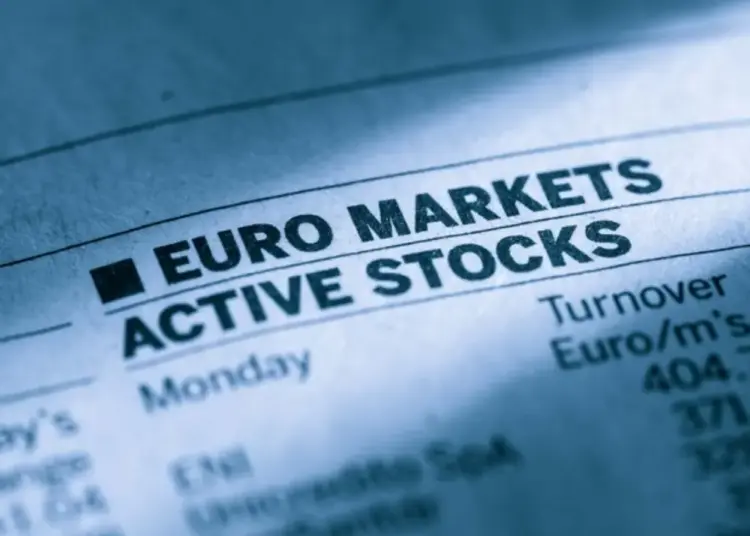European stock markets held their ground on April 22, 2025, as global investors balanced optimism with caution. Market data showed modest but encouraging gains. There were slight increases across the DAX, FTSE 100, and CAC 40 indices. Their resilience is seen as a sign of Europe’s underlying economic stability.
The European stock market has become a safer bet lately, especially when compared to recent volatility in U.S. markets. According to LSEG Lipper, European equity funds saw inflows of $11 billion last week. In contrast, U.S. funds experienced $10.6 billion in outflows. This shift points to growing trust in the European economy. Many investors are now turning to indices like the DAX Performance Index and the FTSE 100 Index for security. Part of this confidence comes from strong earnings in Europe. Heineken, for instance, posted better-than-expected profits, which boosted stock momentum.
Meanwhile, uncertainty in the U.S. increased after former President Donald Trump criticized the Federal Reserve for not cutting rates quickly enough. As a result of the tension, the U.S. dollar declined. The Swiss franc surged to a 10-year high against the dollar, highlighting shifting global sentiment. European currencies like the euro also strengthened, supported by cautious optimism from central banks in the region.
Bond yields across Europe, including in the U.K., ticked higher. This suggests that markets are anticipating a possible change in interest rate policies later this year. For many investors, tracking the FTSE and DAX Moneycontrol pages has become essential. Real-time data from these indices offers key insights into global market direction.
The DAX Performance Index, which tracks 40 of Germany’s top listed companies, remains a strong reflection of the region’s industrial backbone. The CAC 40 Index, in turn, serves as a barometer for France’s corporate giants. It, too, is attracting global interest due to its stability and performance.
Despite geopolitical uncertainty, Europe’s markets continue to show resilience. They’re not booming—but they’re not buckling either. One Frankfurt-based analyst said, “The DAX Index is steady because German firms remain competitive, even with global pressures mounting.”
In London, traders are watching the FTSE 100 Index closely. Its performance is tied not just to the U.K. economy but also to global commodity and banking sectors. As 2025 progresses, more investors may look to Europe as a stable alternative, especially if U.S. politics or interest rate decisions continue to unsettle markets.
In a world seeking balance, the European stock market offers a picture of cautious strength—and perhaps, opportunity.











